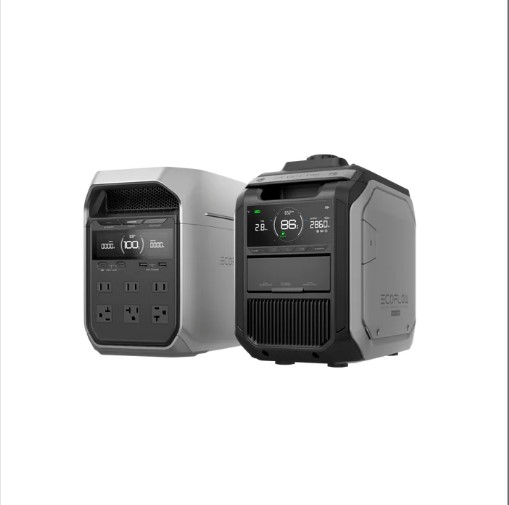A reliable power source is essential for homes, businesses, and outdoor activities, and a dual-fuel electric generator has become a popular choice due to its versatility and efficiency. Operating on both gasoline and propane, these generators provide flexibility during emergencies or routine use. However, to ensure consistent performance and longevity, proper maintenance is crucial. Neglecting routine care can lead to reduced efficiency, costly repairs, and even complete failure over time. Understanding the best practices for maintaining a dual-fuel electric generator helps users maximize reliability and return on investment.
Regular Oil Changes
One of the most critical maintenance tasks is monitoring and changing the oil. Over time, oil can degrade, collect debris, and lose its lubricating properties. To keep a dual-fuel electric generator running smoothly, it is recommended to check the oil level before each use and replace it according to the manufacturer’s schedule, typically every 50 to 100 hours of operation. Using high-quality engine oil specifically designed for dual-fuel engines ensures optimal performance and minimizes wear on internal components.
Fuel System Care
Proper management of both gasoline and propane systems is essential. Gasoline can degrade over time, forming deposits that clog fuel lines and carburetors. Users should avoid storing gasoline for extended periods in the generator’s tank and instead use fuel stabilizers when storage is necessary. For propane, it’s important to inspect hoses and connections regularly for leaks or damage. Maintaining a clean and functional fuel system ensures that a dual-fuel electric generator starts reliably and delivers consistent power output.
Air Filter Maintenance
Air intake is another critical area that affects generator performance. A clogged or dirty air filter reduces airflow, which can lead to engine strain and decreased efficiency. Inspecting the air filter monthly, especially during periods of heavy usage, is recommended. Cleaning or replacing the filter as needed helps keep the engine operating at peak performance and prevents costly repairs. A well-maintained air filter is particularly important for a dual-fuel electric generator, which may experience variable conditions when switching between fuels.
Spark Plug Inspection
The spark plug ignites the fuel-air mixture inside the engine. Over time, carbon deposits or wear can impair its functionality. Regular inspection and cleaning, along with replacement as needed, are crucial steps in maintaining a dual-fuel electric generator. Ensuring that the spark plug is in optimal condition improves starting reliability, fuel efficiency, and overall engine performance.
Cooling System and Ventilation
Generators produce heat during operation, and adequate cooling is essential to prevent overheating. Users should ensure that the cooling fins, vents, and surrounding areas remain free of debris. Running the dual-fuel electric generator in a well-ventilated space prevents heat buildup and protects internal components. Avoiding exposure to moisture and dust also helps extend the generator’s lifespan.
Battery and Electrical Components
For models with electric start functions, maintaining the battery is key. Keep terminals clean, check voltage regularly, and charge the battery according to the manufacturer’s recommendations. Inspecting wiring and electrical connections ensures that power delivery is consistent and reduces the risk of shorts or malfunctions. These steps are essential for ensuring that a dual-fuel electric generator performs reliably during emergencies or regular use.
Storage Practices
Proper storage is as important as regular maintenance. Draining fuel or adding stabilizers, disconnecting the battery, and covering the generator protect it from environmental damage. Storing the unit in a dry, sheltered location prolongs its life and maintains readiness for use.
Conclusion
A dual-fuel electric generator represents a valuable investment in power reliability, but its performance and lifespan depend on proper care. Regular oil changes, fuel system maintenance, air filter and spark plug inspection, cooling management, and battery upkeep are all essential practices. Following these steps not only ensures consistent power output but also minimizes costly repairs and downtime. To further protect your investment, consider using quality generator covers to shield the unit from dust, moisture, and environmental wear.

